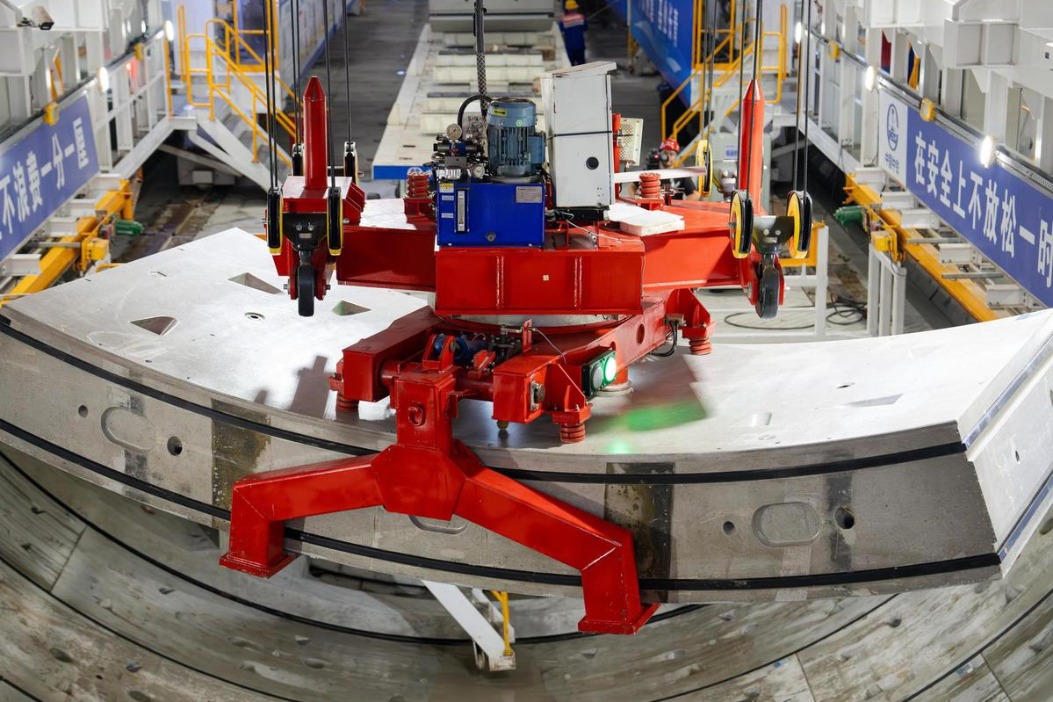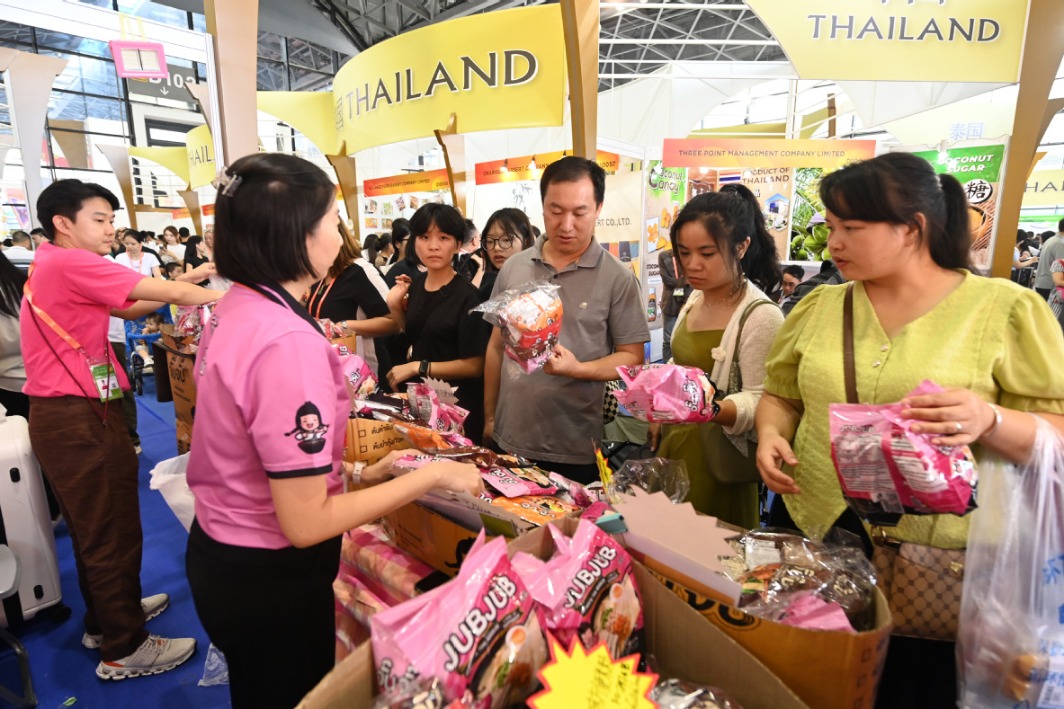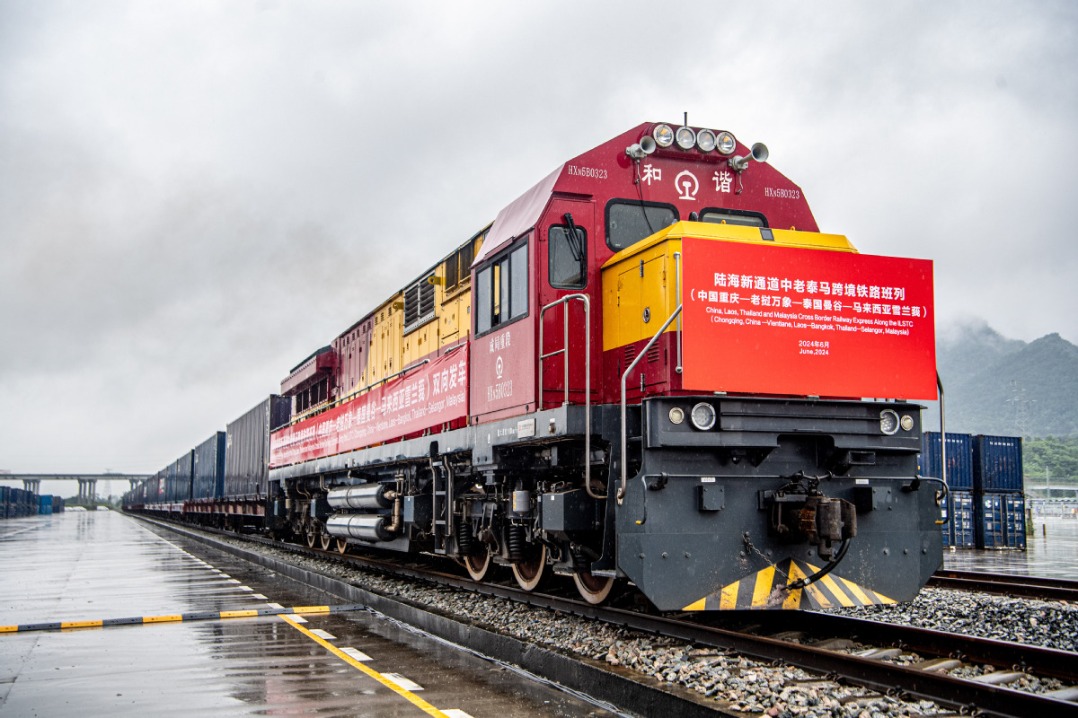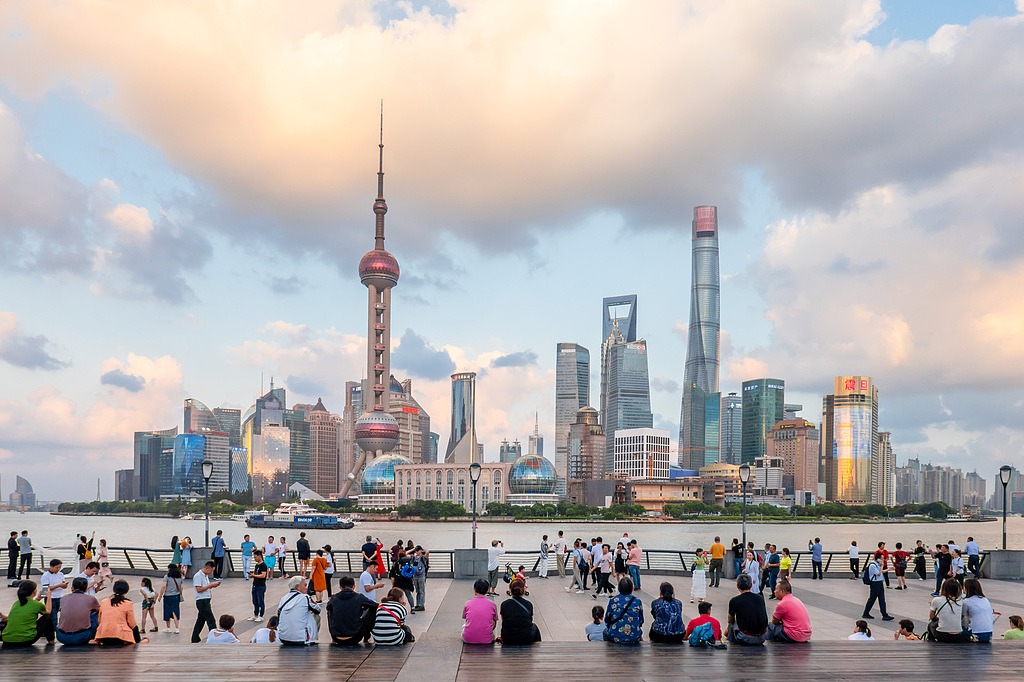More efforts called for to lessen impact on NEV sector


Last week, the MIIT suggested loosening requirements in an industry regulation so producing new energy vehicles will become easier.
Carmakers will no longer be required to have design and development abilities, but a higher standard for after-sales services will be imposed.
And they will be allowed to halt production for up to 24 months without losing their qualifications, an extension of 12 months from the previous regulation.
Cui Dongshu, secretary-general of the China Passenger Car Association, said the changes are "relatively reasonable" and will help encourage competition in the sector.
"The main job of new energy vehicle makers is to produce, sell and ensure the quality of their products," Cui said. "Many big car groups can design vehicles for their subsidiaries, making it unnecessary that every new energy car maker has such capabilities."
He said the extension of time for halted production will allow carmakers, especially startups, more opportunities to seek help during difficult times such as the current conoravirus outbreak.
Startups including Nio and Xpeng are contributing about 16 percent of electric car sales in the country, according to the China Passenger Car Association.
The changes to lower the market access threshold come after the State Council's decision in late March to extend subsidies for new energy vehicles to 2022.
The subsidies, which have been in place since 2009, were scheduled to stop by the end of this year.
The State Council also said that people who buy such vehicles, consisting of electric cars, plug-in hybrids and fuel cell vehicles, will get purchase tax exemptions by the end of 2022. The tax usually stands at 10 percent of a car's price.
"The goal of the measures is to bolster demand as soon as possible to revitalize the entire sector," said Thomas Fang, a partner in the China office of global consulting firm Roland Berger. "Efforts to contain the novel coronavirus outbreak have started bearing fruit."
Fang said the current steps are a follow-up to the supportive measures announced by the Chinese government in the past few weeks, including a plan to ramp up the country's charging network for new energy vehicles.
BJEV, one of the country's largest new energy vehicle makers, said the extension of subsidies will promote the sector's healthy long-term development.
"It is definitely good news for carmakers and car buyers and it shows the government's firm support for the sector," the company said in a statement.
Investors did not show too much enthusiasm as indicted by stock prices of listed new energy carmakers including BJEV and BYD.
"What people need most now are license plates instead of subsidies. And they need parking lots and charging poles as well," said an analyst on condition of anonymity.
The Ministry of Commerce said last week that it will partner with other ministries to encourage local authorities in several metropolises to loosen or even remove limits on license plates.
Last month, the country's top officials called for efforts to push forward a new infrastructure campaign covering seven fields including charging poles.
By the end of January 2020, China had 1.24 million charging poles, both private and public, up 45.8 percent from a year ago, said the country's charging infrastructure promotion alliance.
About 3.85 million new energy vehicles were on the road by the end of 2019, according to statistics from the China Association of Automobile Manufacturers.




































